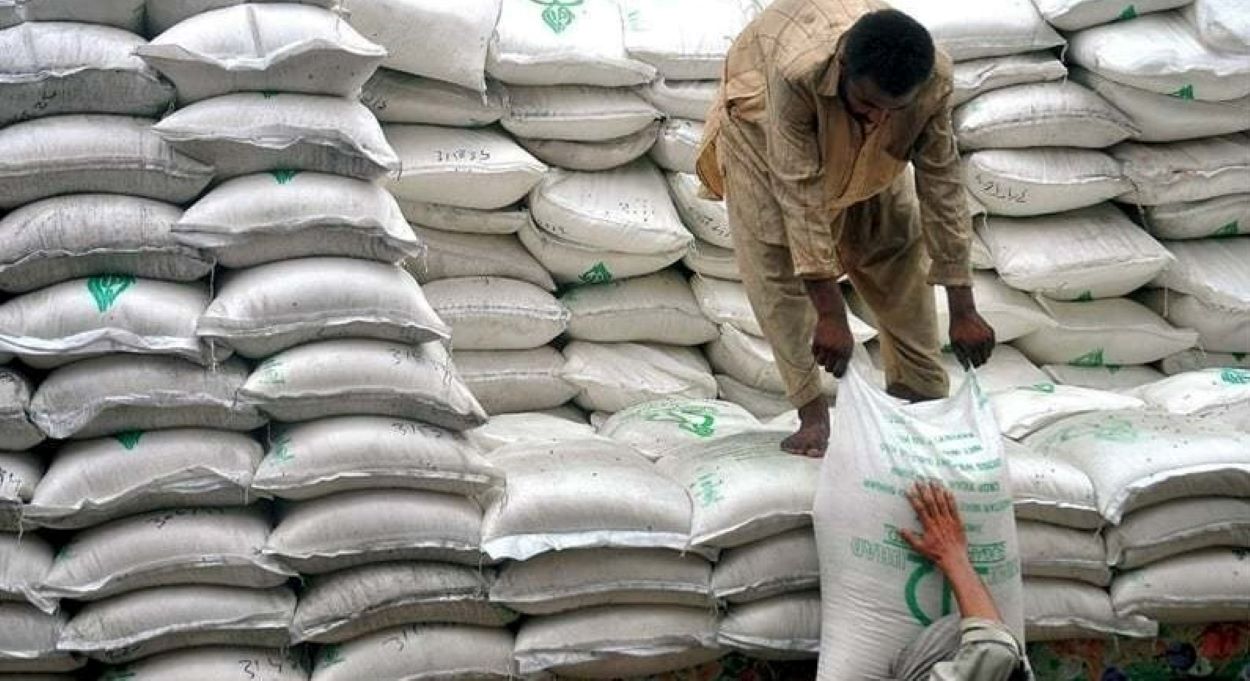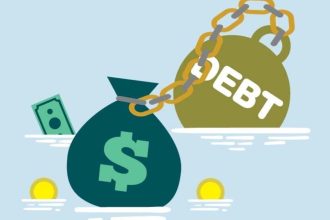The Pakistani government has decided to end its 77-year control over the sugar industry. This significant policy shift will deregulate the sector, according to sources within the Ministry of National Food Security.
A formal summary proposing deregulation has been prepared. It is expected to be presented to the Prime Minister for approval later this week. Federal Minister for National Food Security, Rana Tanveer Hussain, will personally brief the Prime Minister on the proposal.
This decision marks a fundamental transformation for one of Pakistan’s key agricultural sectors.
Pakistan Sugar Industry ‘s Deregulation Plan
The government’s plan encompasses several key changes to existing regulations.
- End of Price Control: The official mechanism for fixing sugar prices will be abolished. This move will allow pricing to be determined solely by market forces of supply and demand.
- Lift on Mill Ban: The government has proposed lifting the long-standing ban on establishing new sugar mills. This will enable private investors to establish new units within an open-market framework.
- No Import/Export Control: Once deregulated, the government will relinquish its authority over the import and export of sugar, further liberalising the market.
If approved, these changes will transition Pakistan’s sugar sector into a fully market-driven industry. Retail and wholesale prices will operate without state intervention.
Read: Pakistan Opens LCs for 85,000 Tons of Sugar Imports to Stabilize Prices
Simultaneously, sugarcane farmers from Punjab and Sindh have organised in protest against low prices. A collective gathering, known as a Jirga, of growers has decided to boycott the supply of sugarcane to sugar mills. They warn that they will not harvest their crop unless the government sets a minimum price of Rs. 600 per maund.
The farmers’ stance is firm, with speakers at the gathering making strong statements. “We will set our standing crops on fire, but won’t be blackmailed by the sugar mills mafia,” they announced.






